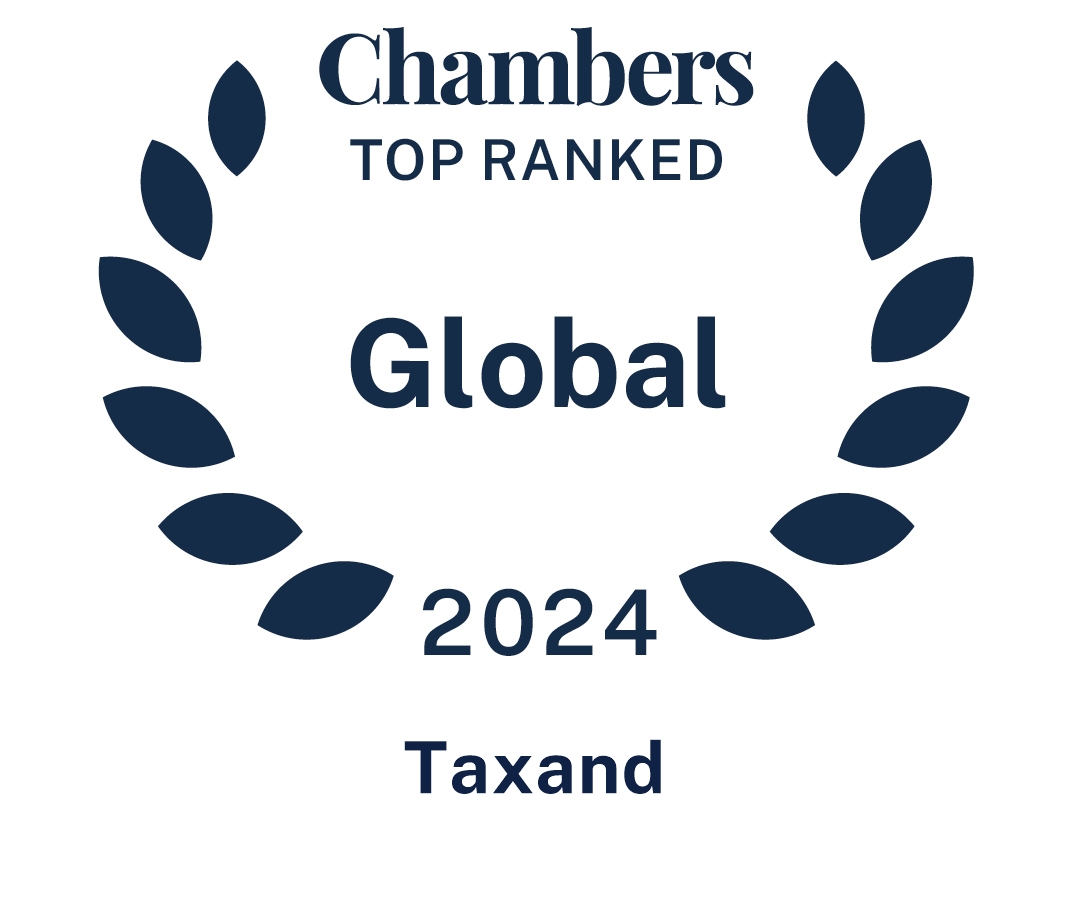Since June 2013, the EU Commission has been investigating the tax ruling practices of several EU Member States with a view to detect potential State aid concerns. Apart from the investigation in the McDonalds case, the EU Commission consistently concluded that illegal State aid was present. In all these cases, the EU Member States (and many of the taxpayers) concerned appealed against the decisions of the EU Commission.
On 14 February 2019, the General Court of the Court of Justice of the European Union (“CJEU”) decided that the Belgian “excess profit regime” (case T-131/16) is not a State aid scheme. This judgment is the first judgment in the series of pending tax aid appeals against the EU Commission’s recovery decisions. According to the General Court, the EU Commission had failed to demonstrate the existence of an aid scheme. Therefore, the decision of the EU Commission was annulled in its entirety.
Belgium’s excess profit regime
Since 2005, Belgian tax law has provided for the possibility of advance rulings allowing a company that is a member of a multinational group to perform, in accordance with the arm’s length principle, unilateral downward adjustments to its tax base for “excess profits” generated because of the taxpayer’s membership of a group.
This excess profit was considered to be the profit that exceeds the profit which a comparable standalone entity operating in similar circumstances would have generated. Thus, the excess profit resulted from synergies or economies of scale arising from membership of a corporate group that could not be attributed, from a transfer pricing perspective, to the Belgian company.
In 2016, the EU Commission found that the excess profit exemptions granted, by means of advance rulings, constituted a State aid scheme that was incompatible with the internal market. Belgium and several beneficiaries of the exemption appealed against the EU Commission’s decision.


